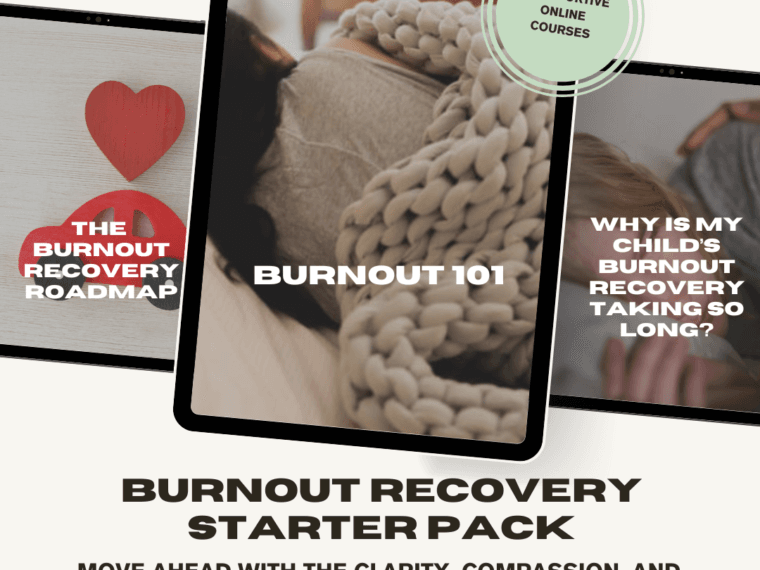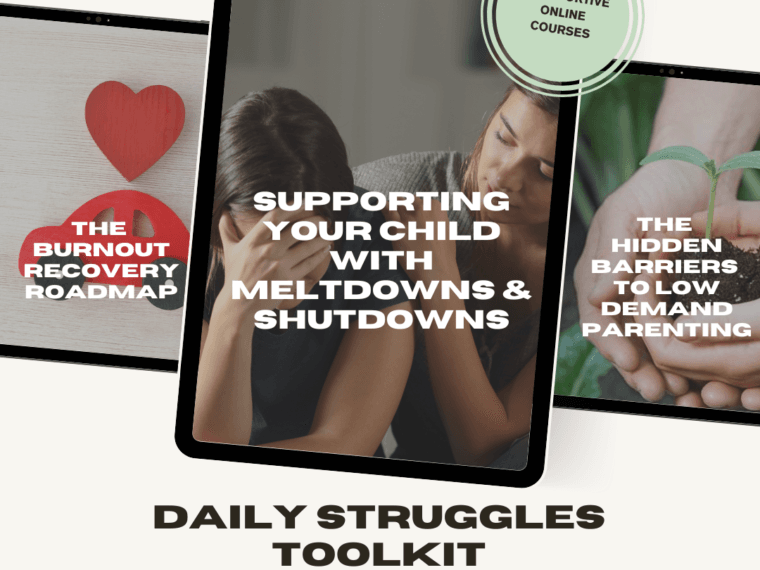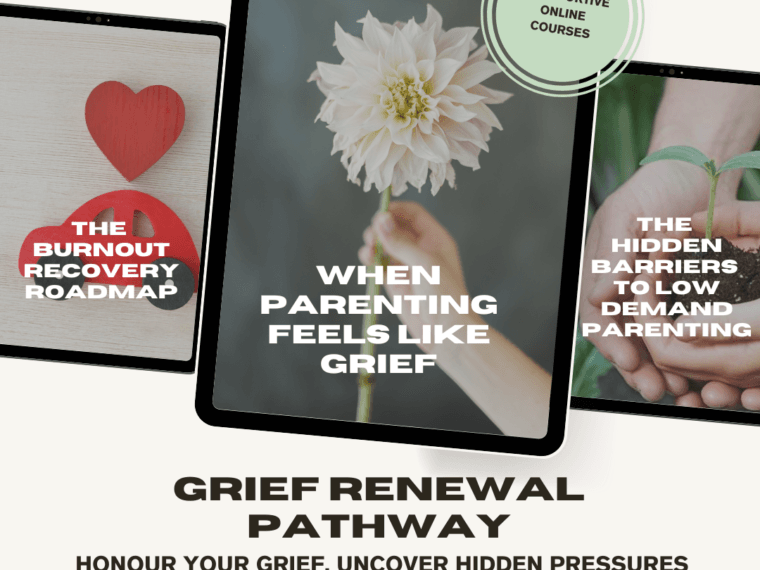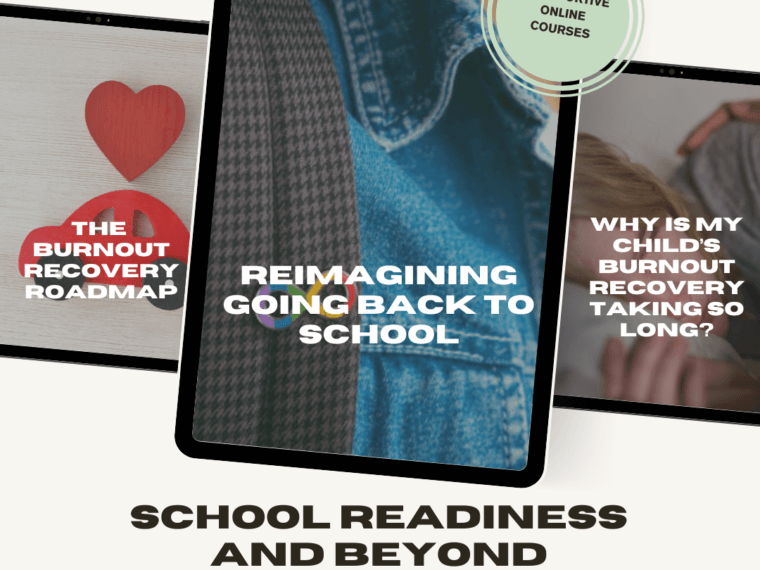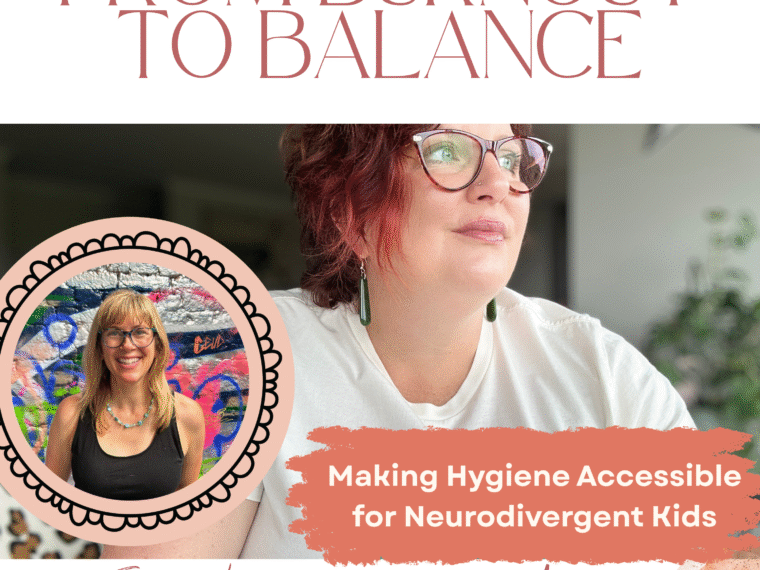Rewriting the Rules When Your Neurodivergent Child is Struggling When my children were little, I saw a Facebook meme that nearly broke me. It said: On the surface, it felt so positive. So aspirational.And to a mother who had already done significant healing from her own childhood, it felt like a dream come true. Without […] Read more…



